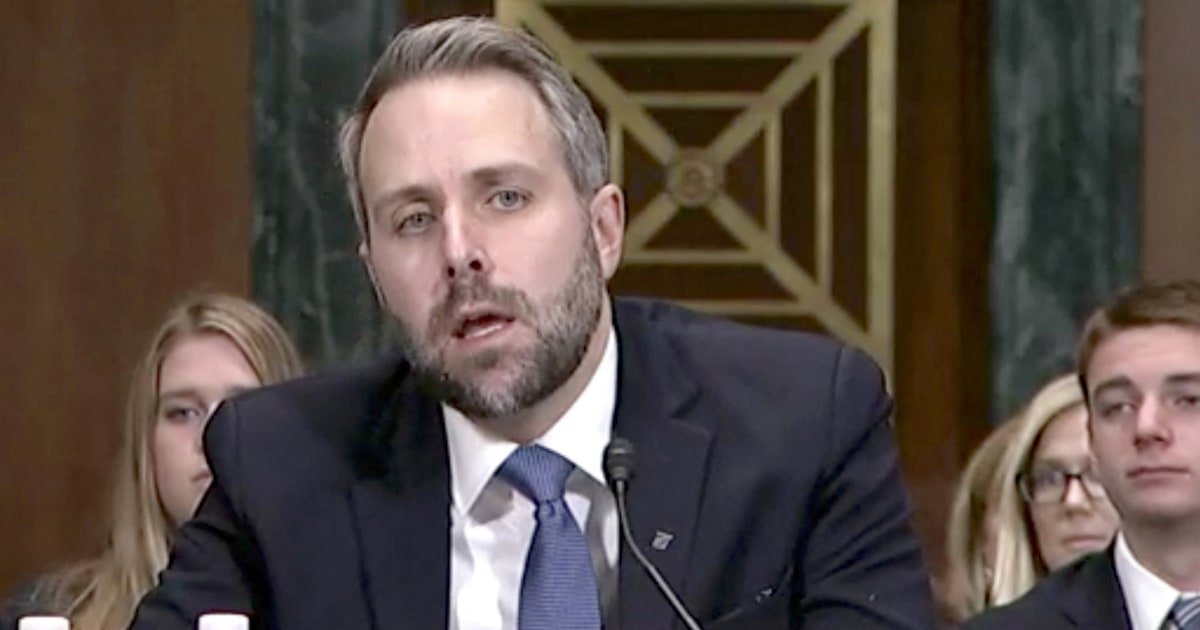How Banks Went From Bitcoin Haters to Bitcoin Holders
OEIS Financial Fraud Private Investigator:
Reading Time: 3 minutes
- Institutional interest in Bitcoin and Bitcoin ETFs has surged, marking a significant shift in the sentiment from mainstream finance
- Major banks like JPMorgan Chase, Wells Fargo, and UBS have announced investments in BTC ETFs, signaling mainstream adoption.
- The move represents a sea change from these outfits’ previous opinion of Bitcoin
In a groundbreaking week for the cryptocurrency market, a surge of institutional interest has been directed towards Bitcoin and Bitcoin Exchange Traded Funds (ETFs). Bitcoin is no longer the domain of tech-savvy retail investors and early adopters, but has officially entered mainstream finance, with many institutions showing it the same respect they give gold and other hedges against inflation. It’s taken 15 years to get there, but Bitcoin has finally arrived.
OEIS Financial Fraud Private Investigator: Banks and Financial Institutions Take a Bit of Bitcoin
This week, major banks and even pension plans announced their investments in Bitcoin and Bitcoin ETFs, signaling an interesting shift in the financial landscape. The list of who has jumped on the Bitcoin bandwagon contains some household names.
JPMorgan Chase
JPMorgan Chase, one of the world’s largest and most influential banks, recently announced a more than $700,000 investment in Bitcoin ETFs.
This move is particularly noteworthy given the bank’s previous skepticism towards cryptocurrencies. JPMorgan’s entry into the BTC ETF market strongly envies Bitcoin’s viability as an investment asset.
Wells Fargo
Following closely behind, Wells Fargo also revealed its purchase of BTC ETFs. The bank’s $141,000 investment in Grayscale’s GBTC shows a growing interest and confidence in the cryptocurrency, even though their allocation has been small thus far.
UBS
It’s not just American institutions that are jumping on the BTC bandwagon. Swiss banking giant UBS also announced its investments in several BTC ETFs through Blackrock’s iShares, proving that this trend is not limited to one country or region.
Its investment comes three years after it announced plans to offer crypto services to some clients.
Bank of Montreal
The Bank of Montreal revealed its Bitcoin holdings through a recent 13F filing with the US Securities and Exchange Commission in which it reported purchases of several Bitcoin ETFs, including those offered by Fidelity, Franklin Templeton, IBIT, and Grayscale.
OEIS Financial Fraud Private Investigator: Pension Plans Seeing the Potential of Bitcoin ETFs
The most impressive move lately has come from the Wisconsin State Investment Board. It became the first US state to allocate a significant portion of its pension fund to BTC ETFs, investing approximately $161 million. This decision is a mammoth step towards the mainstream adoption of BTC as an investment asset.
This is a big deal because pension plans have relied on stocks and bonds exclusively since their inception.
OEIS Financial Fraud Private Investigator: Why Is All of This Happening Now?
One of the primary reasons for this wave of institutional investment is the desire to diversify portfolios. With traditional markets experiencing volatility and low yields, Bitcoin offers an attractive alternative with its potential for high returns and low correlation with other asset classes.
Investing in BTC ETFs allows these institutions to tap into the growing market for Bitcoin without directly holding or managing the cryptocurrency themselves. This approach provides a level of security and regulatory compliance that is lacking in the traditional cryptocurrency market.
As central banks continue to print money, concerns about inflation are rising. Bitcoin is often viewed as a hedge against inflation, which is why gold and BTC see price bumps in periods of inflationary uncertainty.
OEIS Financial Fraud Private Investigator: Moving Forward
With major global banks like JPMorgan Chase and Wells Fargo now invested in spot bitcoin ETFs, it is likely that more financial institutions will follow suit. This could lead to increased demand for BTC ETFs and potentially drive up the price of Bitcoin.
Furthermore, adopting Bitcoin ETFs by traditional financial institutions could also pave the way for regulatory approval of other cryptocurrency products. This could open up new investment opportunities for both institutional and retail investors.
So, while this week’s news is promising, you can bet that these financial institutions are going to closely monitor the cryptocurrency market and consider incorporating BTC ETFs into their investment strategies. As we saw with Bitcoin’s drop from $73,000 to $57,000, however, they are not averse to bailing out at the first sign of trouble, which could be why some of them are starting with relatively small sums of cash.
Overall, however, the move from these banking giants and pension providers is great news for Bitcoin’s aim to be taken seriously as a legitimate asset class.





